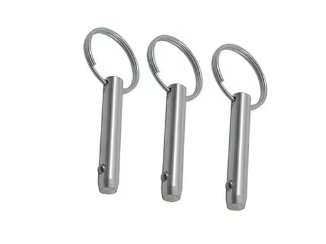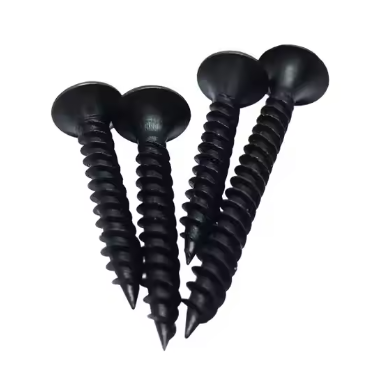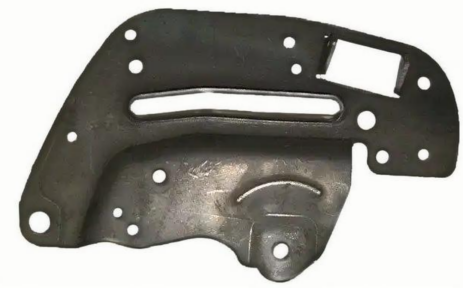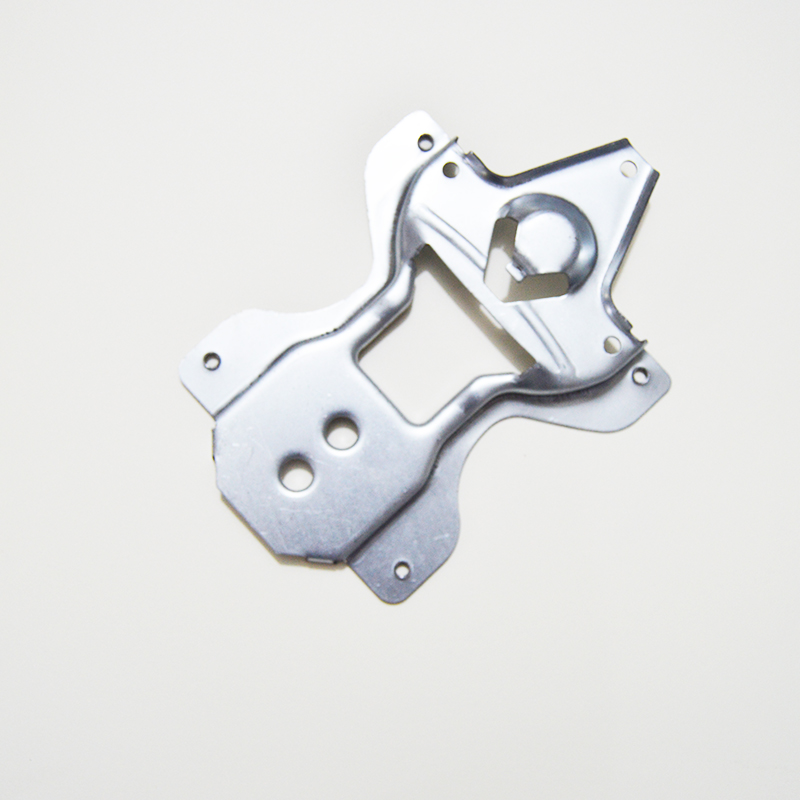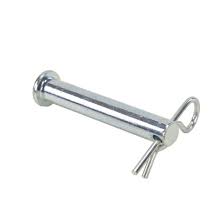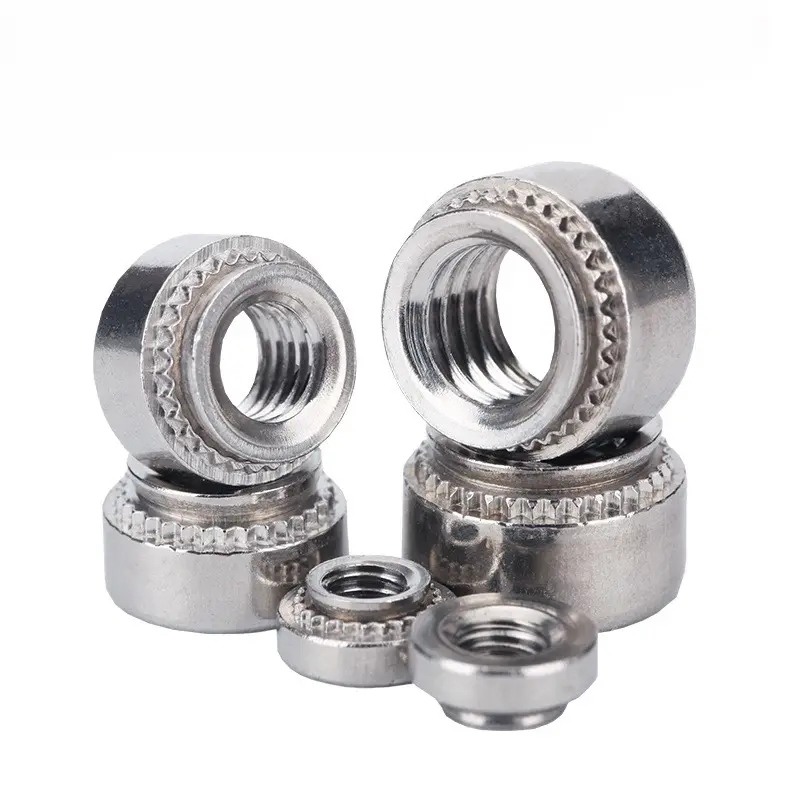

This guide provides a detailed overview of shaped nuts, covering their various types, applications, manufacturing processes, and selection criteria. We explore the benefits of using shaped nuts in different industries and offer insights to help you choose the right shaped nut for your specific needs. Learn about the materials used, common sizes, and where to find reliable suppliers of high-quality shaped nuts.
Standard shaped nuts, such as hex nuts, square nuts, and flange nuts, are commonly used in various fastening applications. These nuts are widely available and offer a good balance of strength and cost-effectiveness. The choice between a hex nut, square nut, or flange nut often depends on the specific application and the desired level of torque resistance. For example, flange nuts are ideal when a larger bearing surface is needed to distribute load more evenly. The material used often dictates the strength and corrosion resistance; common choices include steel, stainless steel, and brass. Many manufacturers, like Hebei Dewell Metal Products Co., LTD (https://www.deweLLfastener.com/), offer a wide variety of these standard shaped nuts.
Beyond the standard types, numerous specialty shaped nuts exist to meet specific design requirements. These include captive nuts (often used in thin-walled applications where a standard nut might pull through), weld nuts (designed for welding directly to a surface), and various types of decorative nuts for aesthetic purposes. The selection of a specialty shaped nut often depends on the intricacies of the design, the material being fastened, and the desired performance characteristics.
The material of a shaped nut is crucial for its performance. Common materials include:
Choosing the appropriate shaped nut involves considering several factors:
Shaped nuts are typically manufactured using various methods, including cold forging, hot forging, and machining. Cold forging is common for high-volume production of standard shaped nuts, offering high strength and precise dimensions. Hot forging is used for larger or more complex shapes, while machining is often employed for small batches or highly customized designs.
Shaped nuts are used across a vast range of industries and applications, including:
The specific type of shaped nut used will vary depending on the individual application's requirements.
Numerous suppliers offer high-quality shaped nuts. When sourcing shaped nuts, it's essential to consider factors such as quality, price, and lead times. Reputable suppliers provide detailed specifications and certifications to ensure the nuts meet relevant industry standards.
| Nut Type | Material | Typical Applications |
|---|---|---|
| Hex Nut | Steel, Stainless Steel | General fastening |
| Flange Nut | Steel, Stainless Steel | Applications requiring a larger bearing surface |
| Weld Nut | Steel | Welding applications |
This guide provides a comprehensive overview of shaped nuts. Remember to consult with a fastener specialist or refer to relevant engineering standards for guidance on selecting the appropriate shaped nut for your specific project.





